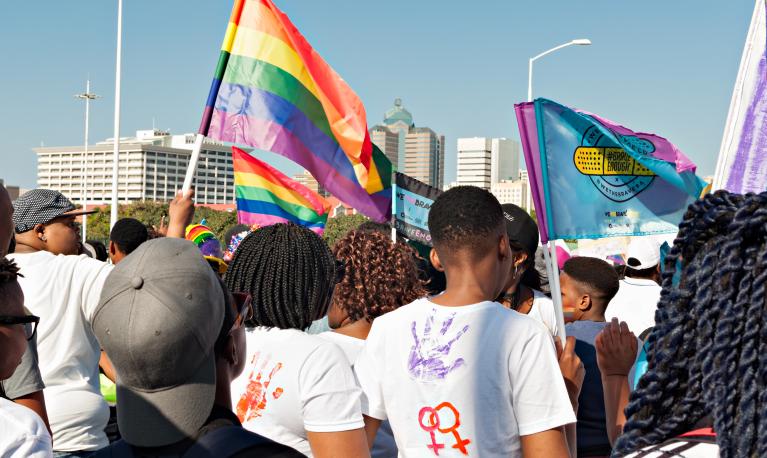In this guide
Hide menu5. Conclusions
Show sections5. Conclusions
Although much of the evidence on norm change towards greater acceptance of and support for LGBTQI people comes from the global North, there is a growing body of evidence from Southern countries and regions, which suggests that discourses of equality have taken hold in many places.
Nationally and internationally, activism remains the most important source of influencing norm change. The clearest example of where change has occurred is in the legal sphere. Campaigns for legalisation of same-sex marriage and recognition of varied gender identities have been successful in a number of developing countries – usually the result of long-term activism and gradual change towards social acceptance. The case of India’s recriminalisation of homosexual acts shows the importance of achieving at least some degree of social acceptance before a law can be implemented (Singh, 2016). Development actors have recommended focusing aid and support through NGOs, human rights defenders, community organisations and human rights coalitions (GIZ, 2013). These groups have the most expertise in understanding local needs and contexts. To draw on insights from queer theory, support should also be directed to self-identified activist groups as well as those using LGBTI rights terminology. Alongside activism, international and national law remain important tools for establishing norms of equality, diversity and acceptance for all forms of sexuality and gender, which many states already subscribe to.
Overall, the literature reviewed in this paper shows increasing attention to the challenges facing LGBTQI people in developing countries, mostly focusing on the human rights-based approach. Some interventions show promise for creating norm change towards more inclusive, tolerant and supportive societies. Norm change is not often acknowledged as a goal, although it is often inherent or underlying the intervention logic. Usually, interventions, approaches and campaigns draw on a discourse of human rights that advocates for inclusion of LGBTQI people into existing structures rather than a systemic change that might challenge the gender binary. While this is an important first step, a queer approach would also push to deconstruct heteronormativity by challenging an identity-based approach and allowing for wider expressions of sexual orientation and gender identity.
Related resources
Blog
19 December 2024
Published by: ALIGN
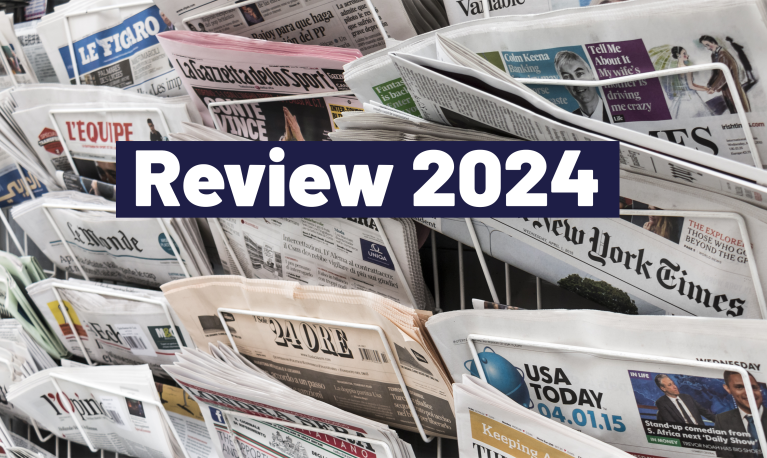
Report
4 September 2024
Published by: ALIGN, SISMA Mujer
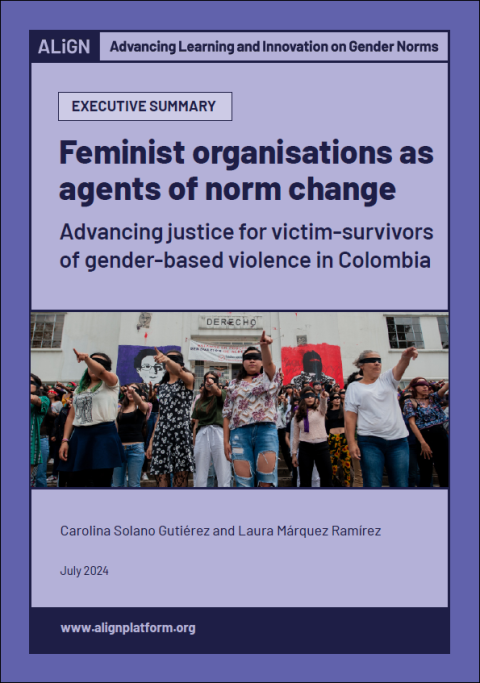
Report
17 July 2024
Published by: ALIGN
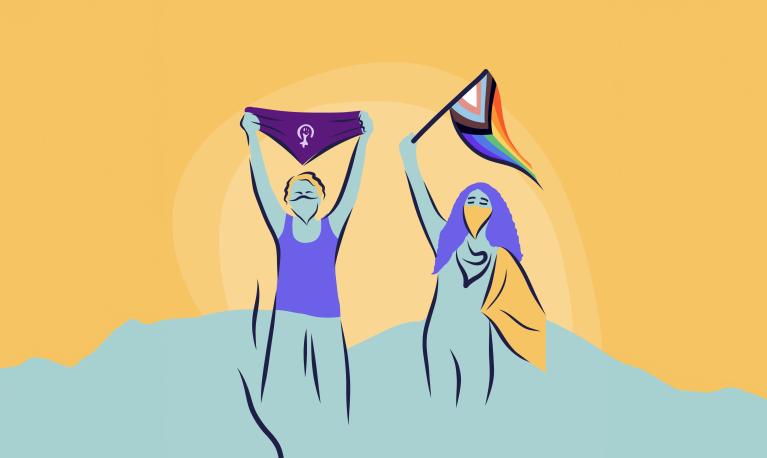
Blog
27 June 2024
Published by: ALIGN
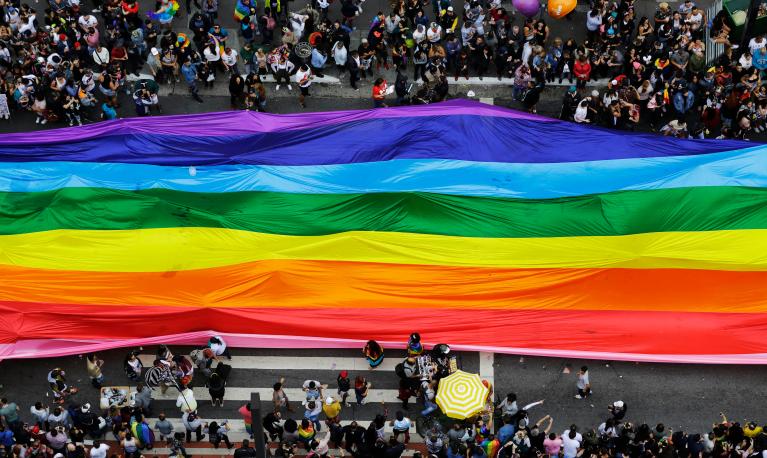
Blog
8 January 2024
Published by: ALIGN
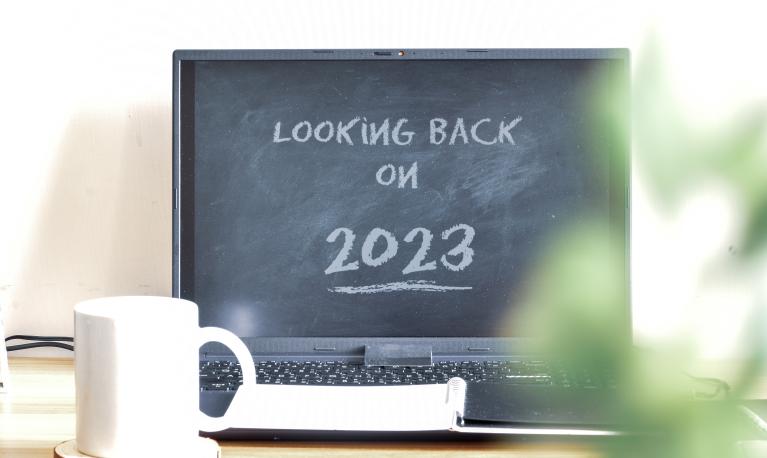
Report
1 January 2024
Published by: The Other Foundation
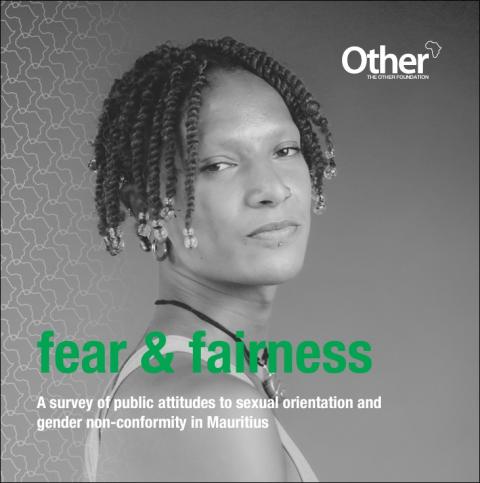
Report
1 January 2024
Published by: The Other Foundation
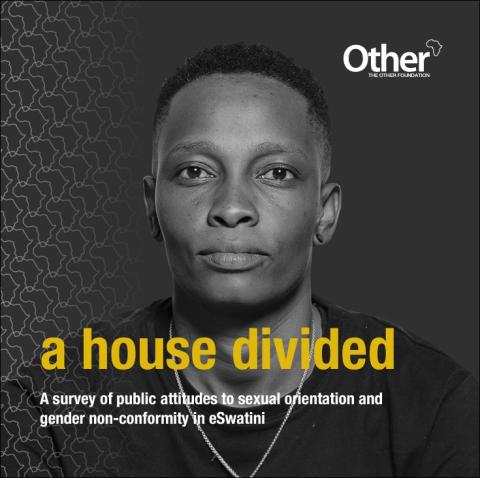
Report
1 January 2024
Published by: The Other Foundation
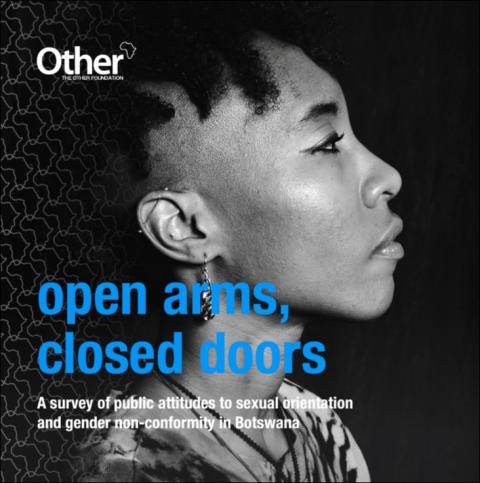
Blog
14 December 2023
Published by: ALIGN
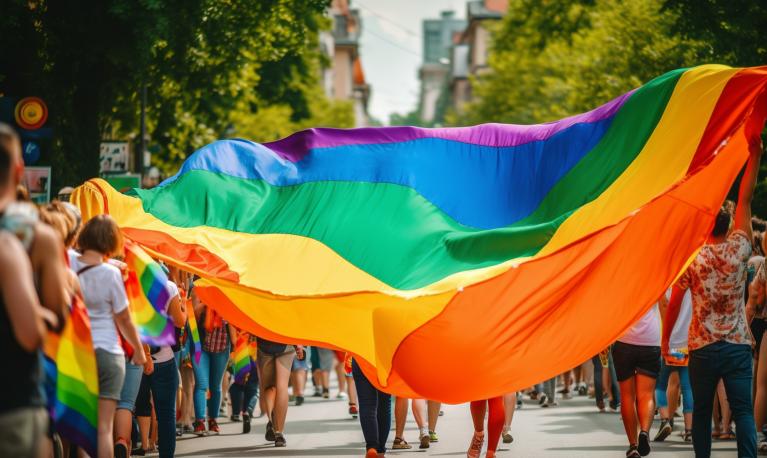
Journal article
30 August 2023
Published by: Sexualities Journal
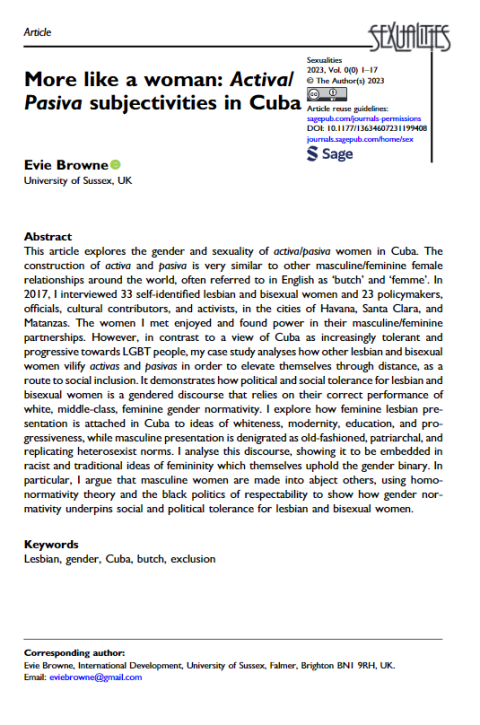
Blog
23 August 2023
Published by: ALIGN
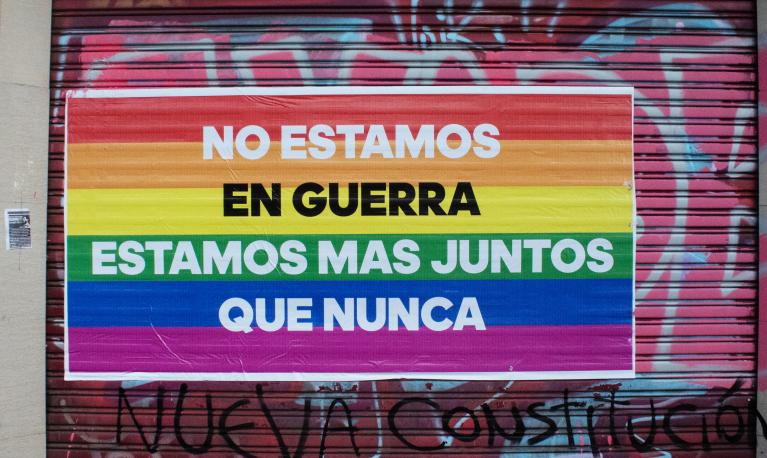
Blog
7 July 2023
Published by: ODI
